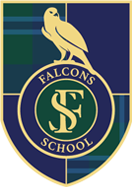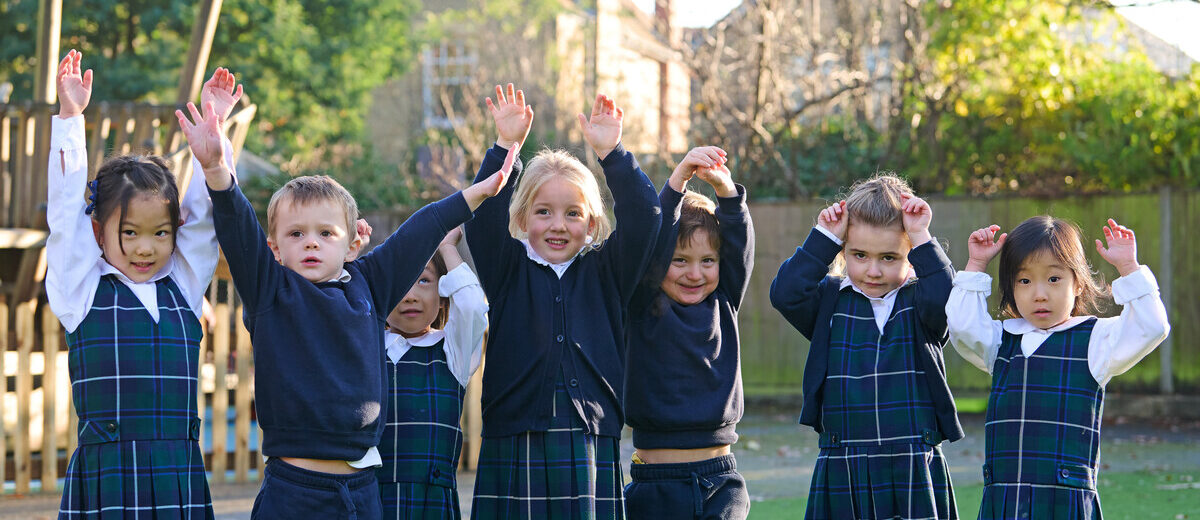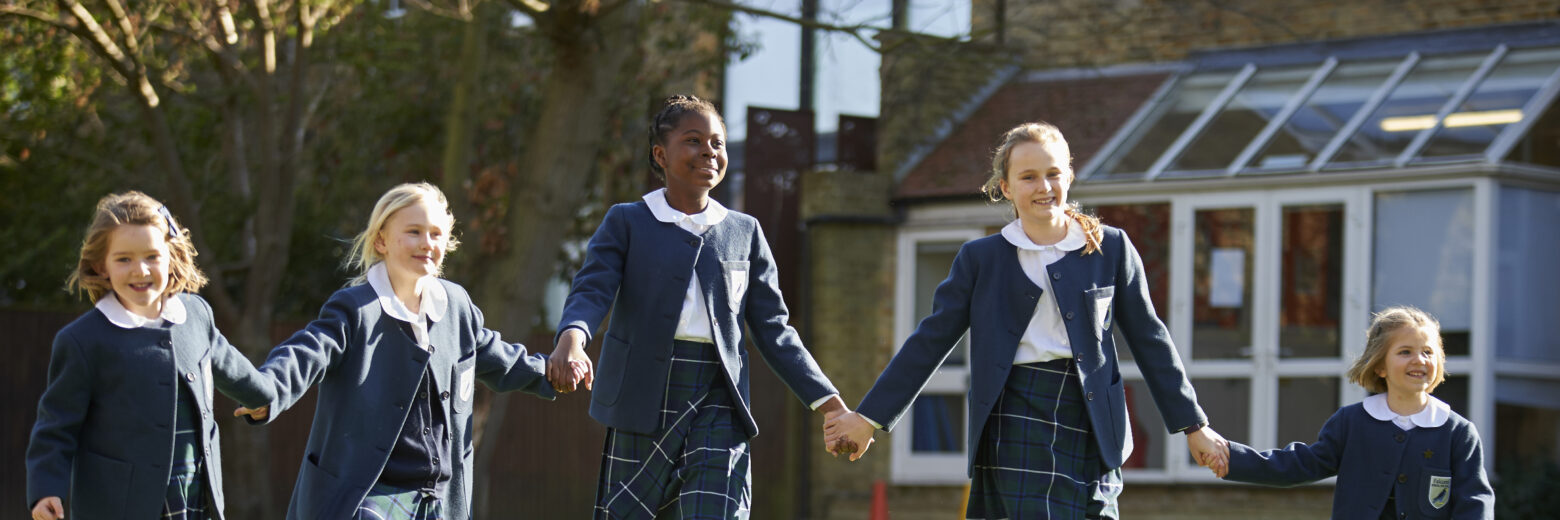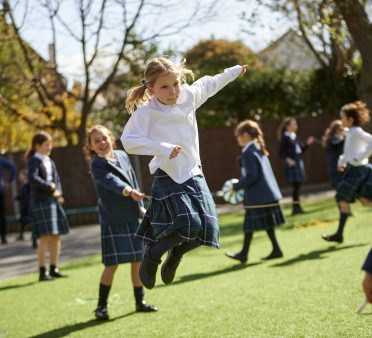Thinking School
In 2021, Falcons School gained Thinking School accreditation from the University of Exeter.
In the accreditation report by University of Exeter’s Dr Dave Walters, the school is praised for their “full commitment to developing and embedding cognitive education throughout the school.” He describes the school as “a fine example of educational creativity where cognitive tools, strategies and resources are adapted to meet the specific needs of the entire learning community.”
Definition of a Thinking School
“An educational community in which all members share a common commitment to giving regular careful thought to everything that takes place. This involves both students and staff learning how to think reflectively, critically and creatively, and employing these skills and techniques in the co-construction of a meaningful curriculum and associated activities. Successful outcomes are reflected in students across a wide range of abilities, demonstrating independent and co-operative learning skills, high levels of achievement and both enjoyment and satisfaction in learning. Benefits will be shown in ways in which all members of the community interact with and show consideration for each other and in the positive psychological well-being of both students and staff.”
Burden, 2006.
Headmistress’ Statement
When I took over the helm of school in 2018, I noticed that many pupils would wait to be helped by an adult rather than actively looking for answers or alternative ways to solve problems. I decided that this was not the type of child we wanted to develop at Falcons Schools and the staff agreed with me. Two of the school’s aims are “Encouraging children to be ambitious with their learning” and “Fostering children’s natural curiosity, positivity and resilience” and in order to meet these aims, we needed to change how our children approached their learning. I came across the Thinking School approach as an inspiring and effective way to do this and was delighted to have SLT colleague James Kelly come on board to lead this exciting project.
Through the use of different Thinking Tools (Thinking Frames, the Habits of Mind, Growth Mindset and Bloom’s Taxonomy), pupils across a wide range of abilities are able to demonstrate independent and co-operative learning skills, high levels of achievement and enjoyment in learning.
Our pupils are supported to think for themselves and feel safe to explore knowledge and understanding through the development of purposeful thinking tools that they can use to aid and monitor their own progress. The high self-esteem that comes from having solved an issue by themselves helps build on the close links between emotional wellbeing and academic achievement.
At Falcons School we believe in the importance of leading by example. Thus, within the Thinking School community, staff are encouraged to think accurately and reflectively about their practice and understand a range of thinking tools that can be used to support pupil motivation and progress.
It is our duty and privilege, as educators, to prepare our pupils not only for the next steps in their academic journey, but also for their lives beyond school. We want to foster lifelong learners, in order to provide our pupils with the best possible opportunities in life. We echo the beliefs of Art Costa that pupils need to be adaptable, innovative and resilient enough to create and manage those jobs of the future which have not even been invented yet. This can only happen through developing learners who have self-belief, a growth mindset and a real passion for problem-solving, something which starts as early as Peregrines Nursery and continues throughout the pupils’ time at Falcons School.
Paula McIntyre – Headmistress
Governing Body Statement
We think the Thinking School Initiative is an excellent initiative in empowering pupils to become confident and independent learners and developing their critical thinking and problem solving skills. It links in very well with the characteristics of effective teaching and learning that we try to foster in children from the early years like: a) play and exploration, b) active learning and c) creativity and critical thinking. One of the key disposition and attitudes towards learning is that learning should be enjoyable, it should be challenging and it should support children to become creative and actively think and find solutions rather than being passive learners. We know from recent research that motivation is key in learning and this is a fantastic initiative that encourages confidence in learning and independent thinking.






